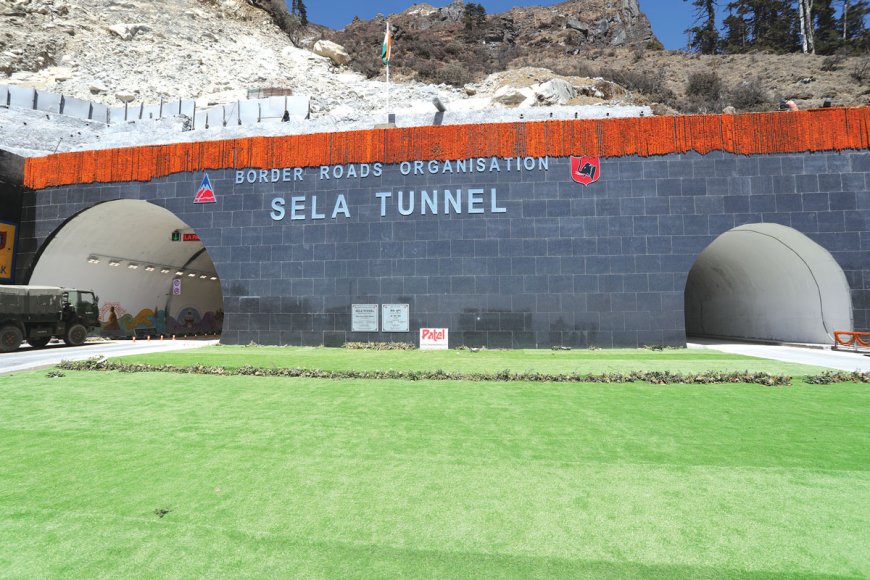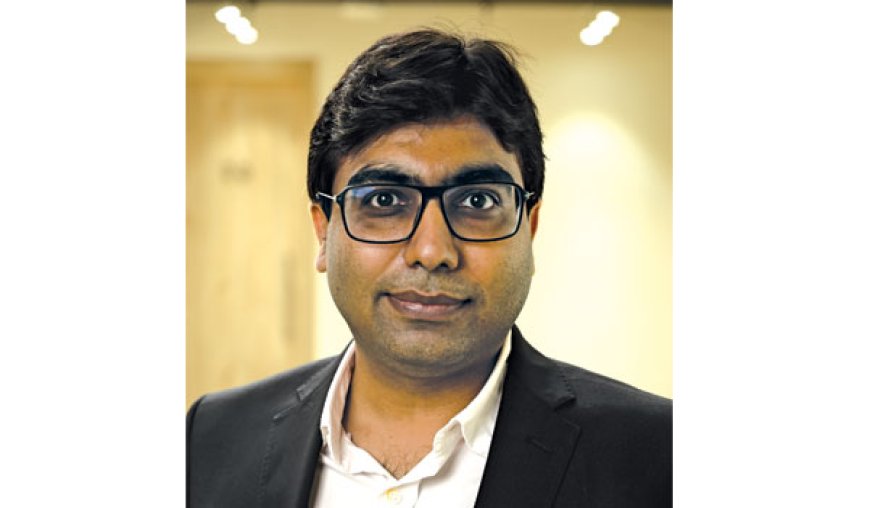Rahul Agarwal
Chief Financial Officer, Patel Engineering Ltd.
How was the year 2024 for the company?
The year 2024 has been a year of remarkable achievements for Patel Engineering, marked by strong financial performance, significant operational milestones, and strategic advancements. We celebrated our 75th anniversary, reaffirming our leadership in the infrastructure sector. Our revenue for FY24 reached Rs 4,500 crores, with FY25 showing continued growth, achieving Rs 2,275 crores in the first half. We’re confident in reaching our target of 10% revenue growth this year. Our focus on debt reduction led to a significant decrease in finance costs, boosting profitability. Q2 FY25 net profit saw a 150% increase on a Y-o-Y basis, and our credit rating improved from BBB+ to A-. The government’s emphasis on infrastructure, especially hydropower, aligns with our strategy, positioning us well for growth. Looking forward, we remain confident in sustaining our momentum. We are focused on executing our strategic priorities, which include continued debt reduction, leveraging government reforms, and strong execution. These initiatives are aligned with India’s vision of a $5 trillion economy and position us to play a pivotal role in the country's infrastructure landscape.
What are the key achievements this year? What factors helped you to meet your targets for this year?
This year, Patel Engineering achieved key milestones, including the successful completion of the Sela Pass road and tunnel project in Arunachal Pradesh. This project, which is India’s highest tunnel project and the world’s longest bi-lane tunnel situated at an altitude of over 13,000 ft holds strategic importance for national defence and connectivity. It was inaugurated by the Honourable Prime Minister of India, Shri Narendra Modi, earlier this year, and we are immensely proud to have delivered such a significant project. Additionally, we reached substantial milestones in the Udhampur-Srinagar-Baramulla Rail Link (USBRL) Project in Jammu & Kashmir, where we substantially completed the challenging Tunnel T-15 and Part Tunnel T-14. This project, aimed at enhancing connectivity in the difficult mountainous terrains of Jammu & Kashmir, is crucial for improving regional transportation and economic development. These projects highlight our ability to execute complex infrastructure projects under challenging conditions. Further, we also surpassed our debt reduction targets and completed a QIP raising Rs 400 crores, strengthening our financial position. Technological integration played a pivotal role in achieving our goals, with the implementation of SAP and IoT across our project sites to enhance efficiency and decision-making. Our leadership team and strong execution capabilities were key to meeting and exceeding our targets.
How was the trend in project execution/operations in the year?
In 2024, the company’s order book reached Rs 17,900 crores and has grown at a CAGR of ~10% over the past five years. We successfully executed high-altitude, challenging projects like the Sela Pass tunnel and USBRL. Our progress on major hydropower projects like Subansiri reinforced our technical expertise and innovative approach. We continued leveraging advanced project management and monitoring systems, enhancing operational efficiency and minimizing delays, positioning us for sustained growth. As we continue to expand our footprint, our track record of successful project execution will remain a key driver of our strategic success in the infrastructure sector.

What are the pain points and prevailing challenges in the sector when we enter the new year?
As we move into the new year, the infrastructure sector faces several challenges, but these also present significant opportunities for growth and innovation. Some of the challenges are:
• Geopolitical instability: Global disruptions have impacted supply chains and costs. However, these challenges encourage us to diversify and optimize sourcing strategies, driving greater resilience in our operations.
• Environmental compliance: Increasing sustainability regulations are a strong motivator for adopting green technologies. At Patel Engineering, we see this as an opportunity to lead in eco-friendly infrastructure development and contribute to a sustainable future.
• Workforce shortages: Specialized skill gaps in sectors like tunnelling and hydropower construction are challenges we are tackling by investing in workforce development, training, and new talent acquisition, ensuring a future-ready workforce.
While these challenges are real, they are also catalysts for progress. At Patel Engineering, we are committed to turning them into opportunities, driving innovation, and delivering high-quality, sustainable infrastructure solutions that support long-term growth and value.
How are you planning your year ahead? What are your goals and way forward?
In 2025, Patel Engineering is focused on sustainable growth and operational excellence. Key priorities include expanding our renewable energy portfolio, particularly in pumped storage and hydroelectric projects, to align with India’s green energy goals. We aim for 15% revenue growth from FY26 onwards while maintaining financial discipline and a strong capital structure. We will continue enhancing operational efficiencies and pursuing strategic acquisitions in high-margin sectors. Leveraging technology and sustainability will remain central to our approach, ensuring we deliver high-quality, eco-friendly infrastructure solutions that contribute to India’s development and a sustainable future. These efforts will not only help us achieve our financial goals but also ensure that we continue to create long-term value for our stakeholders, supporting India’s infrastructure development and contributing to a greener future.









